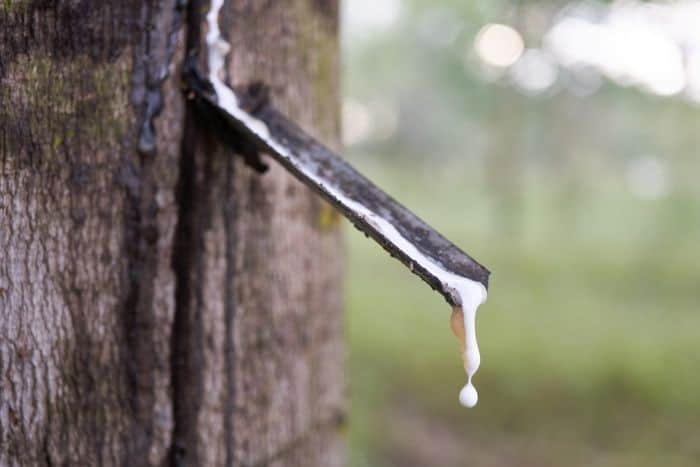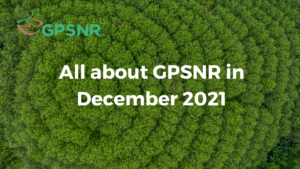Strategy 1 “Policy Toolbox” working group will work on:
Establishing a Policy Toolbox that defines the environmental, social and economic criteria that members should be required to include in their policies along with a Policy Implementation Template, and Policy Checklist for those with existing policies to ensure they incorporate all appropriate aspects of a natural rubber sustainability policy;
Making a recommendation on the required timeline for members of GPSNR to establish their sustainability policies, the implementation plan for their policies, and what the reporting requirements should be for policy implementation;
Identifying the appropriate Assurance Model for GPSNR to implement to monitor progress of members and the industry to achieving the mission of GPSNR.
Strategy 3 “Enhancing Transparency and Traceability” working group will work on recommending tools to trace, assess the risk, and achieve transparency of any given natural rubber product buyer’s supply chain.
Strategy 1 and Strategy 3 working group members recruitment is open now until end of September. Ideally we expect to have a combination of at least 1 car maker, 2 tyre makers, 2 producers and 2 CSOs per working group. The participation of the core working group is limited to the ordinary members only but the experts and/or affiliate members will be invited upon the topic.
Please feel free to drop us an e-mail on the topic you would like to contribute, the expertise you would like to share with the working group members. For more information, please contact kobrat@gpsnr.org.






